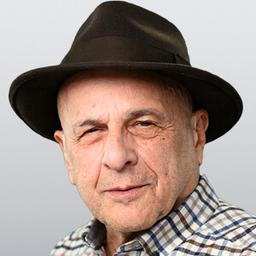Commentary
When I read the latest from The Washington Free Beacon—“Not Just Claudine Gay. Harvard’s Chief Diversity Officer Plagiarized and Claimed Credit for Husband’s Work, Complaint Alleges”—one maxim came to mind from the somewhat questionable Woody Allen, who told us in “Annie Hall”: “Those who can’t do, teach. And those who can’t teach, teach gym.”





